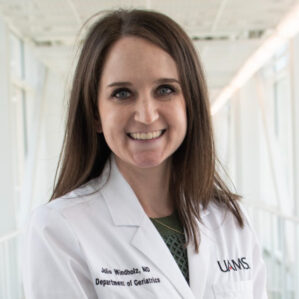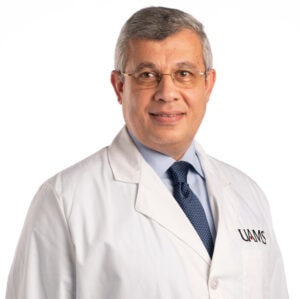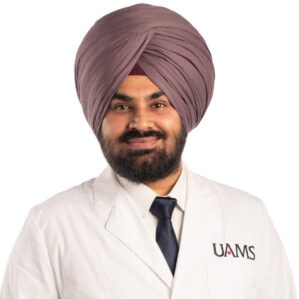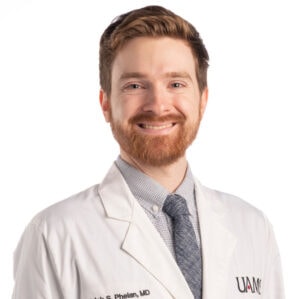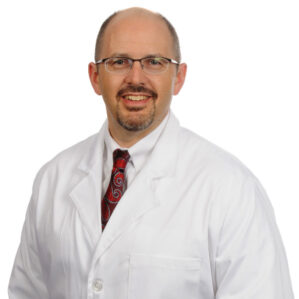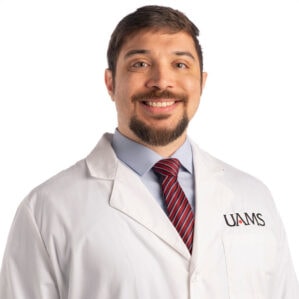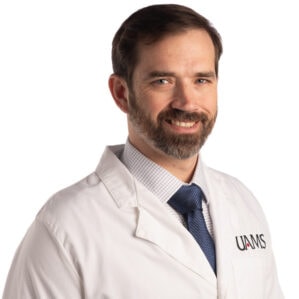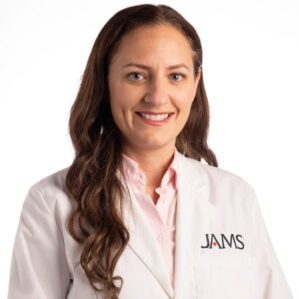Here are this week’s Accolades, a roundup of some of the honors and accomplishments of College of Medicine and UAMS faculty, staff, residents, fellows and students I’ve heard about recently.
M.D/Ph.D. Student to Train at Cambridge
Congratulations to second-year medical student Nicole Occidental on receiving a prestigious Gates Cambridge Scholarship to complete the Ph.D. portion of her M.D./Ph.D. dual-degree program at the University of Cambridge in England. Nicole, who grew up in Little Rock, is one of only 35 Americans selected to be a part of the 2025 entering class of Gates Cambridge Scholars from around the world, and the first from UAMS.
Nicole’s future as a physician-scientist and aspiring pediatric neurologist is incredibly promising. As an intern in the UAMS Translational Training in Addiction T32 program last summer, she worked with Dr. Andrew James, Professor and Interim Director of the Psychiatric Research Institute’s Brain Imaging Research Center. Her research used fMRI to investigate the stability of individuals’ resting state connectivity and their brain representations of motor function. In October, she will begin working toward her doctorate in the MRC Cognition and Brain Sciences Unit at Cambridge.
These exceptional accomplishments were just the latest for Nicole. While an undergraduate student at Northeastern University in Boston, she earned a full U.S. Fulbright Students Program scholarship to work toward her Master’s in Cognitive Neuroscience at Maastricht University in the Netherlands. Read more about Nicole in this story from Northeastern.
Enhancing Emergency Behavioral Health Care
Dr. Michael Wilson and colleagues in the departments of Emergency Medicine and Psychiatry were integral in the creation of the first-ever national Focused Practice Designation in Emergency Behavioral Health. The new certification from the American Board of Medical Specialties (ABEM) is open to both psychiatrists and emergency medicine physicians and will help to substantially improve the standard of care for behavioral health patients. Dr. Wilson, an Associate Professor in both the Division of Research and Evidence-Based Medicine in the Department of Emergency Medicine and the Department of Psychiatry, worked extensively to build support for the initiative. The ABEM committee that considered the new designation also noted the impact of multiple letters of support from faculty in the UAMS Psychiatric Research Institute. Dr. Wilson has been selected to serve on the ABEM Emergency Behavioral Health Task Force to help implement the new designation by the end of 2025. He also has been named President-Elect of the American Association of Emergency Psychiatry.
Rising Star in Endocrinology
Spyridoula Maraka, M.D., Associate Professor of Internal Medicine, has been selected to receive the Rising Star in Endocrinology Award from the American Association of Clinical Endocrinology (AACE). The award will be presented at the AACE annual meeting in Orlando, Florida, in May. It recognizes physicians who are within 10 years of completing their endocrine fellowship and have demonstrated actionable outcomes in leadership, teamwork and/or innovation in keeping with the organization’s mission to elevate clinical endocrinology for global health. An internationally recognized expert in thyroid disease, Dr. Maraka has served in several leadership and other roles in the Endocrine Society, the American Thyroid Association and other leading organizations in the field.
Guiding Orthopaedic Clinical Decision Making
Dr. Jeff Stambough, Associate Professor in the Department of Orthopaedic Surgery and Rehabilitation, was recently reappointed to a second two-year term on the American Association of Orthopaedic Surgeons (AAOS) American Joint Replacement Registry (AJRR) Steering Committee. The AJRR is the world’s largest registry of hip and knee replacement by annual procedural count, with data on more than 4 million procedures from throughout the United States. The data is collected, analyzed and reported on to guide clinical decision making for improved quality of care, patient safety and treatment outcomes. The AJRR publishes an annual report on its data, accompanied by a supplement report that provides further analysis and updates. Dr. Stambough served as Deputy Editor for the AJRR 2024 Annual Report Supplement, released this month during the AAOS annual meeting in San Diego.
Spine Team Celebrates Milestone
A shout-out to the neurosurgeons, orthopaedic surgeons and entire UAMS spine team on the completion of more than 500 robotic spine surgeries. UAMS began offering the minimally invasive procedures to correct degenerative conditions and deformities, remove tumors and treat injuries, while reducing recovery time, in 2020. Read more about the spine team’s recent celebration of the milestone in the UAMS Newsroom.
NWA Students Welcome “Sweethearts” to Campus
Kudos to the medical students at the UAMS Northwest Regional Campus who helped host the campus’ first ever “Sweethearts” educational program in partnership with the Northwest Arkansas American Heart Association (AHA) on March 3. The campus welcomed 11 10th-grade girls for an evening focused on cardiovascular health. With the help of Chloe Cline (M3), Sydney Steed (M2), Zoe VonDoloski (M1) and Lily DeSpain (M1), the high school students performed ultrasound scans of the heart on a standardized patient, listened to normal and abnormal heart sounds using auscultation manikens, and used the SECTRA table to visualize CT imaging of the heart and its relationship to other organs. (Here are some photos from the event!)
The Little Rock campus has hosted AHA “sweethearts” for several years, most recently in January, with the help of many faculty, postdocs and student volunteers from our Department of Pharmacology and Toxicology and the Department of Pharmaceutical Sciences in the College of Pharmacy.



